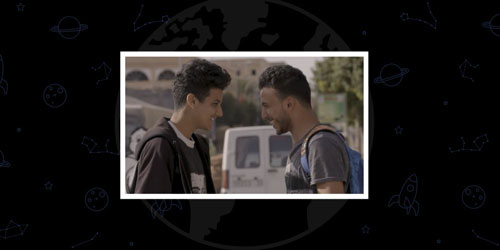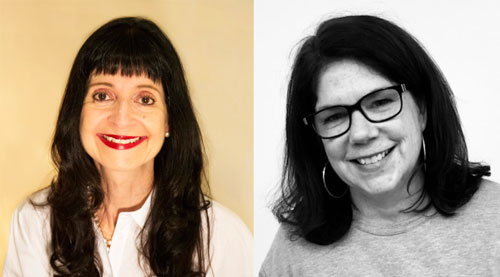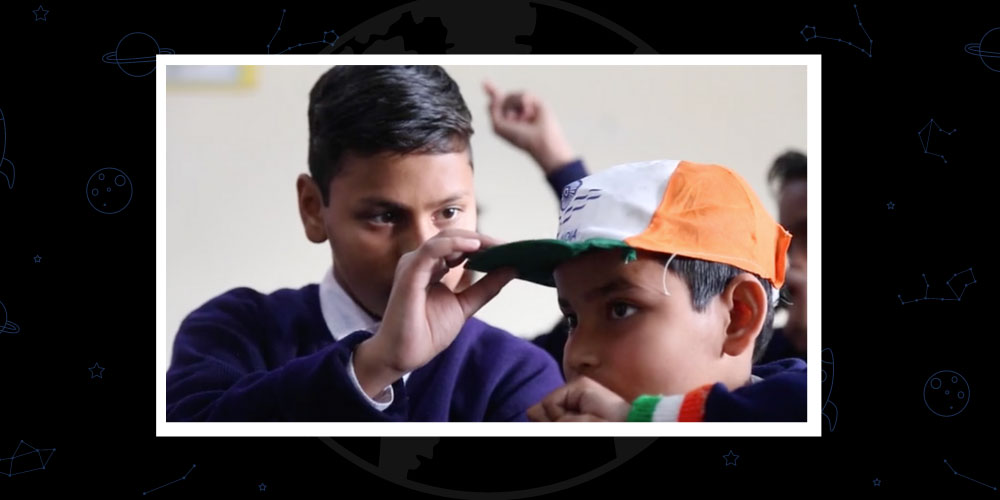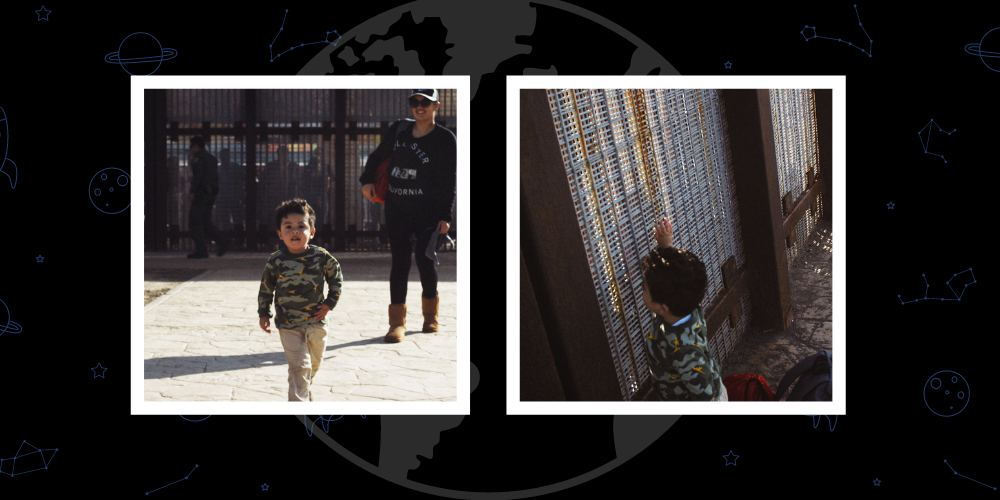This month on the Planet Classroom Network YouTube Channel, audiences can screen 5000 Miles Apart. The film juxtaposes youth in Morocco and youth in California, U.S. — who are able to connect, albeit virtually, despite the distance and differences that separate them. It is curated for the Planet Classroom Network by Global Nomads. As part of the Global Nomads Group Campfire program, the students share stories of their day-to-day lives, their interests and their aspirations with each other. Through this experience, youth are able to learn about themselves and further their understanding of how different cultures survive and thrive in an ever-changing world.
The Global Search for Education is pleased to welcome the CEO of Global Nomads, Courtney Welsh.
Courtney, please tell us what inspired this terrific video. What do you believe are the main takeaways from the storytelling?
In this video, the power of storytelling is the story itself. We see youth in Morocco and the United States teaching each other about their lives, working collaboratively across difference and distance, and creating a sense of belonging within a global youth community.
Another feature I love is the arts-based examples of global connections. Youth in Morocco are breakdancing, an art form with origins in the Bronx, New York, and finding inspiration for their own artistic pursuits in the classical music of Italian composer Puccini.
Their curiosity and excitement for learning drives a desire to know the world outside of their own communities.
Global skills for a changing world. What progress do you think we have made in preparing future generations in the past 5 years? What needs to be done in the next 5 years?
Actually, future generations seem to be preparing us. They are bold and connected in ways that my generation could never have imagined. They see where prior generations have created conditions that they will need to overcome and, in many instances, they trust one another more than they trust the elders of their own communities. They are challenging my generation to engage in conversations that would have been unthinkable for me at their age.
Film and video are now recognized as powerful tools for learning. What kinds of narratives and stories do you believe are needed to support classrooms and global learners?
We believe deeply in the power of teens to learn with and from one another. At Global Nomads Group, we invite youth to write themselves into the curriculum…to take an active role in making their own voices heard and to share stories that classic educational tools typically overlook. We move youth from the margins of consideration to the center and encourage them to share their values, beliefs, doubts and frustrations. So, to answer your question, the kinds of narratives and stories we believe are needed to support global learners are the stories of the global learners themselves.
Lessons learned from COVID19. Almost overnight, learning went remote and billions of students were out of school. As an educator in global learning, what are your most important takeaways from the pandemic and what strategies will Global Nomads be focused on to support the new “normal” moving forward?
Our greatest takeaway from engaging youth during the pandemic is that we have to be incredibly agile, meeting youth where they are physically and emotionally. During the pandemic, we reconfirmed that the best way to ensure we’re responsive to youth is to let them take the lead in designing programs and content. The teens in our Content Creation Lab used their time during COVID lockdowns to help us design new content on Mental Health, Women’s Rights, Human Rights and Sports. We’re excited by the power of this youth-generated content and are committed to continuing this agile and youth-driven approach to our program development.
Thank you Courtney.
C.M. Rubin and Courtney Welsh
This month on the Planet Classroom Network YouTube Channel, audiences can screen 5000 Miles Apart, curated for the Planet Classroom Network by Global Nomads.







Recent Comments